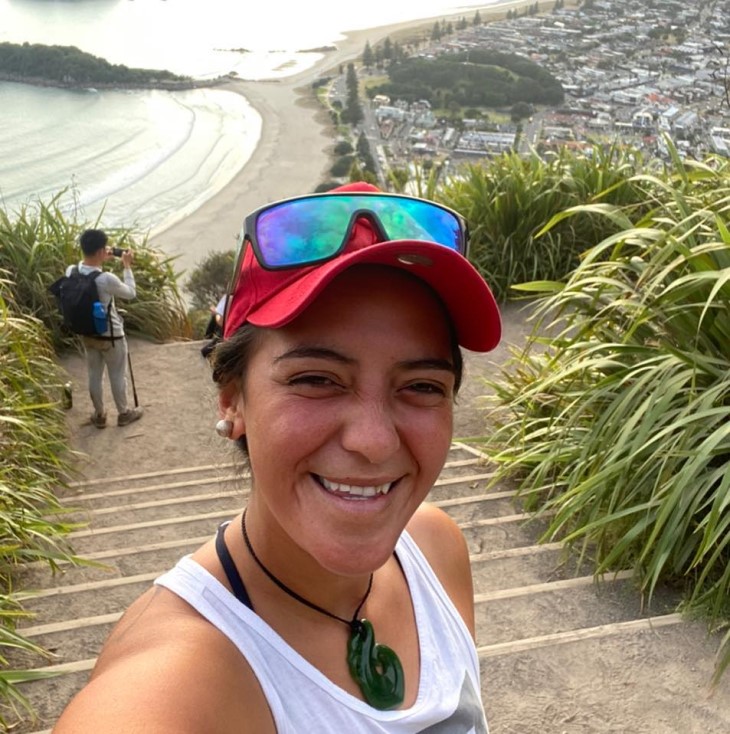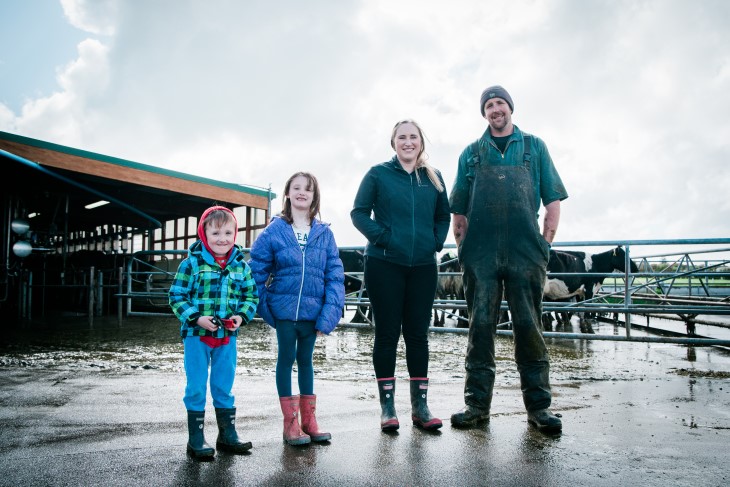Rangiiria’s story: Providing appropriate care for Māori
Māmā Rangiiria Keogh believes it’s important for Māori to receive culturally appropriate care. She went through a tough time after her maternal birth injury (MBI) went undiagnosed but is now back into an active life after receiving the support she needed.
“People were telling me it was normal and I should be feeling like this – but I knew something was wrong.”
As first-time parents, young Māori couple Rangiiria and Kaharau Keogh were on top of the world after giving birth to their beautiful baby girl.
But Rangiiria then had to endure months of discomfort and frustration. She’d suffered a maternal birth injury (MBI) that went undiagnosed, leading to a challenging time for Rangiiria and her whānau, both physically and emotionally.
“It was hard, not just for me but for our whole whānau,” she says.
“I’m struggling and unsure of what’s going on with my body, and my husband doesn’t know how he should be helping me because no one could tell us. Even doctors at that point couldn’t tell me how I could get treatment or who could help.”
Kaharau had to watch his wife struggle through and felt powerless.
“Because it was the first time we’d had a baby, I just thought, ‘Okay, this must be what happens after a baby is born and this is what you have to deal with,’” he says.
“It was extremely stressful, in the sense that I didn’t know how to help.”
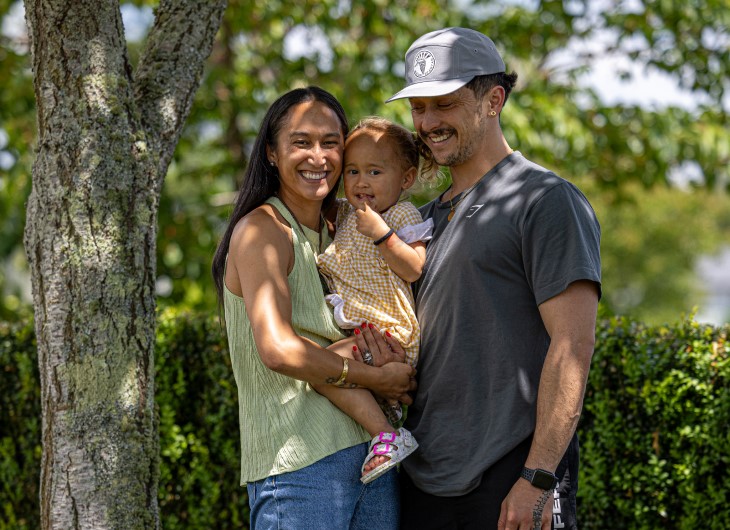
‘I need to see somebody, nothing’s getting better’
Rangiiria continued to suffer until her daughter reached her first birthday. She then decided enough was enough.
“About six months in, I still wasn’t able to back get into my active lifestyle. So I thought I’d wait until the baby turned one and see how I was then,” she says.
“I was still having problems and I just said, ‘Look, I need to see somebody, nothing’s getting better.’”
Rangiiria’s recovery turned around when she was referred to a gynaecologist and received support from ACC.
ACC has supported parents who’ve experienced a birth injury since a change in legislation in October 2022.
“My recovery has been so much better since I met with the gynaecologist and my new pelvic physio,” Rangiiria says.
“I’ve been able to get back into my active, everyday lifestyle – do the garden, go to the gym and go to work every day. Even just walking and running, I can do that now.
“I couldn’t do any of that post-baby for the first 18 months without feeling any pain or heaviness in the pelvic area. So it’s been great.”
Cover for maternal birth injuries
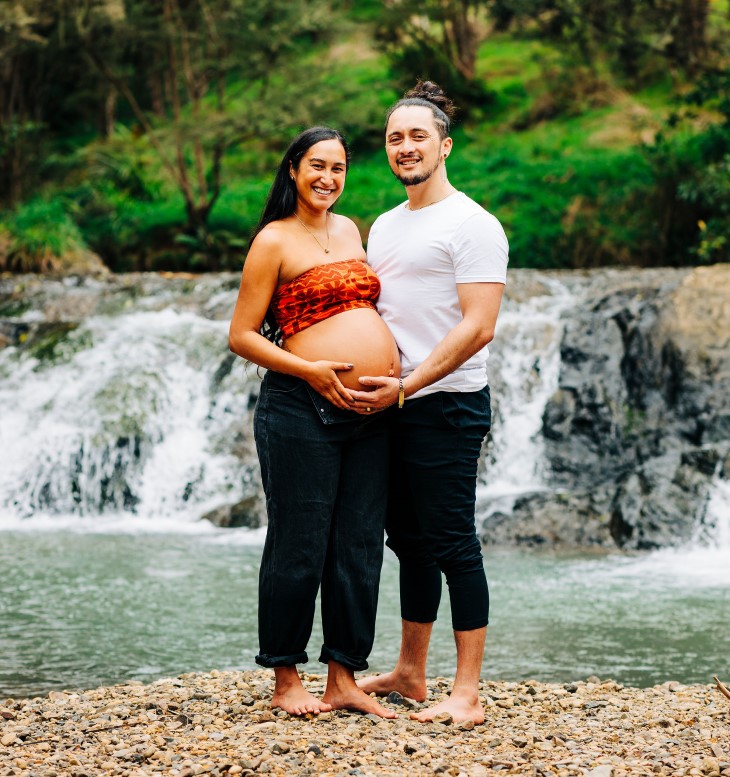
The impact of ACC support for māmā
Rangiiria says the support from ACC has made a huge difference.
“The help from ACC has been immaculate,” she says.
“They helped cover some of my appointments but I’m also fortunate because I needed to get two tools to help me, both of those were funded by ACC.”
Ra Hohua works for ACC as a relationship manager for Māori health services, focusing on helping mothers with maternal birth injuries.
She says there are several barriers that can prevent Māori mums from seeking help.
“Some of our māmā will access their GP or mid-wife but sometimes they won’t seek a specialist to guide them through the MBI or even to get a claim lodged with ACC,” Ra says.
“They might not have access to our gynaecologists and that could be for a number of reasons. One could be cost, another could be transport – a lot of the time I’m dealing with women who live rurally.
“Those sorts of things prevent our whānau from accessing the right channels to make a claim.”
Rangiiria felt privileged to be in a position where she could be proactive and seek the help she needed.
“I know a lot of mums won’t be able to take the avenue I took to be persistent,” she says.
“A lot of whānau aren’t exposed to the health system – it’s quite scary and can be overwhelming. There’s usually no one that speaks our language and no one that can share similar experiences with us.
“So a lot of our mums don’t want to go to people that are not the same as us, I suppose.”
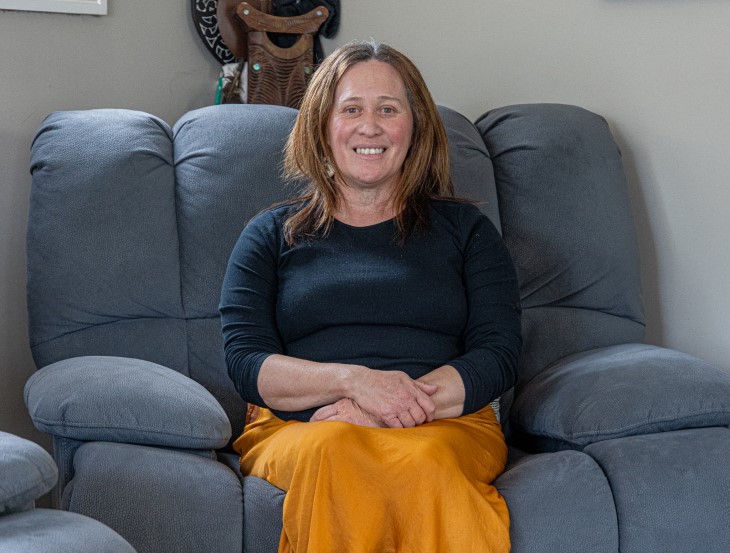
Delivering the right type of care for Māori
To make sure Māori have access to the support they need, ACC launched our cultural safety policy for health providers, Kawa Whakaruruhau, in mid-2023.
It’s focused on delivering culturally appropriate care and is part of our commitment to creating a more equitable ACC for Māori that’s inclusive for all New Zealanders.
We also provide Māori programmes like Hāpai and Te Ara Tūhono, which are both geared towards supporting kiritaki Māori (Māori clients).
Hāpai provides kiritaki with one-to-one support, grounded in Māori values and principles, while Te Ara Tūhono offers free, independent advice to whānau who may need extra assistance in navigating the ACC scheme.
“It’s very important for our people to receive the care they deserve at a culturally appropriate level to them,” Rangiiria says.
“To have people that understand the way we are – our culture, our approach to the world, our perspective on life – is very important.
“In my case, I’m fortunate that I was raised and taught enough in the English language that I could understand and communicate with the specialists. But, otherwise, it would’ve been very challenging for me.”
ACC relationship manager Ra says one of the keys to providing culturally appropriate care to Māori is to kōrero with whānau about our services kanohi ki te kanohi (face-to-face).
“That’s one of the reasons in my role I’m going out to communities,” she says.
“That face-to-face messaging and just sharing in a one-to-one conversation can ripple out to many people in that whānau.”
Supporting cultural safety – Creating a more equitable ACC

‘You don’t have to live through it – get help’
Having gone through an MBI ordeal herself, Rangiiria is pleased ACC now covers such injuries.
“I believe it’s something important for ACC to cover,” she says.
“A lot of birth issues for mums are pushed to the side or we’re told, ‘It’s normal, your body will heal, you’ll recover.’ But that’s not always the case. I feel like a lot of us don’t even know or realise the issues or the difference, the changes in our bodies after we have a baby.
“I’m happy for other mums because I don’t want anybody else to go through what I went through. I’m just happy and hopeful that mums will get the help and treatment we deserve.
“You don’t have to be sore and you don’t have to live through it, you can get help.”



